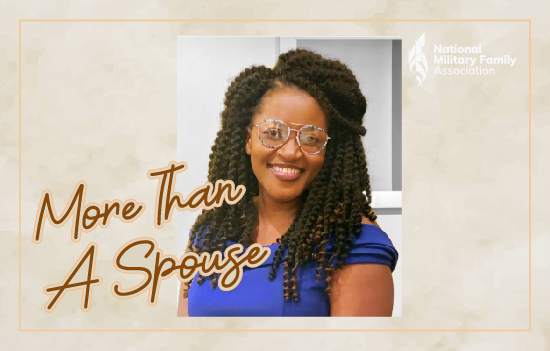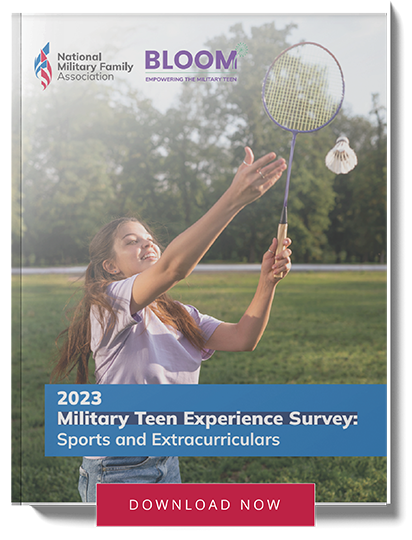More Than A Spouse: Empowering Spouses to Be Their Own Advocates

Did you know that over 100 countries are represented by foreign-born military spouses? Army spouse Lydiah Owiti-Otienoh can share that statistic and many more without hesitation because it’s personal.
Originally from Kenya, Lydiah brings a passion for human rights and a sharp, data-driven mind to her role as a community leader and advocate. But marrying into the military wasn’t without its hurdles. Despite holding a law degree and professional certifications in her home country, none of those credentials transferred seamlessly into her new life in the United States. What once stood as career achievements were now reduced to unrecognized bullet points.
Lydiah had two options: accept the limitations or become the change.
Shifting Gears with a Global Mindset
One thing Lydiah recalls about her experience coming into military life 12 years ago was how she had to quickly adapt and re-examine her personal goals.
“As a foreign-born military spouse, it felt like starting from scratch with the nonrecognition of my credentials,” she said. “I had to pivot and take a master’s degree in project management- something portable and flexible to accommodate military life.”
That pivot revealed something more profound. Rather than discouraging her, these obstacles became proof of a skill she already possessed—resilience.
“Military spouses bring exceptional adaptability and resilience, honed through frequent relocations and unpredictable military life,” she shared. “They also possess cross-cultural communication skills and a global mindset from integrating into new communities, allowing them to collaborate effectively with diverse teams.”
These insights helped shape the direction of Lydiah’s growing passion and advocacy for military families—and set the foundation for something bigger.
Turning Passion into Purpose
In 2020, as her husband approached retirement, Lydiah doubled down on building her tribe and community. She networked, volunteered, sought mentors, and found support that carved her service spirit.
“Being part of the military community has repeatedly led me to unexpected collaborations, both professional and personal, that I never would have encountered otherwise.”
By 2024, she had launched the Foreign-Born Military Spouse Network (FMSN), a nonprofit organization born out of personal experience and a desire to empower others.
“I launched FMSN to address the unique and often overlooked challenges faced by immigrant spouses in our community,” she explained. “FMSN exists to bring visibility, support, and real pathways to connection and economic mobility.”
Through her journey, Lydiah has developed expertise in project management, crisis response, and leadership. But she considers adaptability her most valuable skill.
“This adaptability has empowered me to embrace new challenges, acquire diverse skills, and thrive in varied environments,” she said. “It’s a strength that not only supports my personal growth but also enables me to assist others in navigating their own transitions with confidence.”
Lydiah’s work is both practical and personal—a pay-it-forward mission for spouses facing the same uncertainty she once did.
More Than A Spouse
Lydiah’s story is one of transformation—not just of her career but also of how she viewed herself and her power to create change. She’s not just advocating for inclusion—she’s building it.
If you’re a military spouse looking to reclaim your voice or uplift others through your journey, take a page from Lydiah’s book: you are more than a spouse. You are a force for change.
Share your ‘More Than A Spouse’ story with us. We want to hear it!
By: Angela Sablan Tenorio, Content Manager





